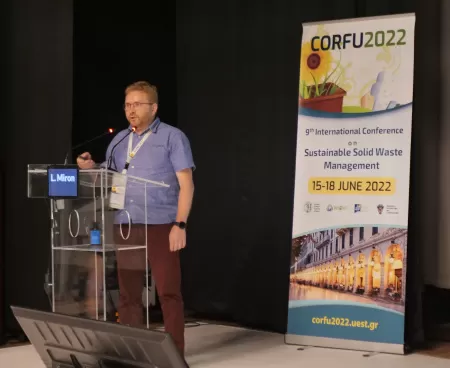Sharing our expertise

“At Zetadec, we like to share our knowledge and expertise in the field of feed and food processing and validation of biomass”, says director Menno Thomas. Zetadec scientists contribute to the education of students and feed&food professionals, e.g., in the international Feeds and Nutrition Course of Schothorst Feed Research, and the Feed Manufacturing Technology course of Wageningen University. Next to these training and education activities, Zetadec is also involved in various national and international research projects.
Also, Zetadec researchers provide lectures at international conferences. In May 2022, Menno Thomas visited Saskatoon, Saskatchewan to give a keynote speech at the Animal Nutrition Conference of Canada. He spoke about feed processing for a profitable and sustainable feed business. The audience was very interested in Thomas’ views on the role of feed processing technology and the potential of alternative raw materials to obtain sustainable, effective and efficient feeds for livestock. Thomas also pointed out that existing concepts applied in food processing technology may contribute to adaptations in feed manufacturing technologies to further improve sustainability and mitigate energy use.
In June 2022, Lucian Miron went to Corfu, Greece, to attend the International Conference on Sustainable Solid Waste Management. He gave a lecture on the application of black soldier fly larvae in food and feed. Insect larvae contain high amounts of protein and fat, and insect protein has an excellent amino acid profile. Insect protein can be a valuable alternative for traditional protein sources in human or animal nutrition. After harvesting, the larvae can be fractionated into protein and fat components, to make the best use of the various fractions and their functional properties in feed and food. Miron also touched upon the various substrates that may be used for the cultivation of insects: “Using industrial waste streams for growing insects contributes to the circular economy, and the waste product from the insect cultivation (‘frass’, containing the remainder of the substrate, and excreta from the insects) is a valuable fertilizer”, Miron explains.